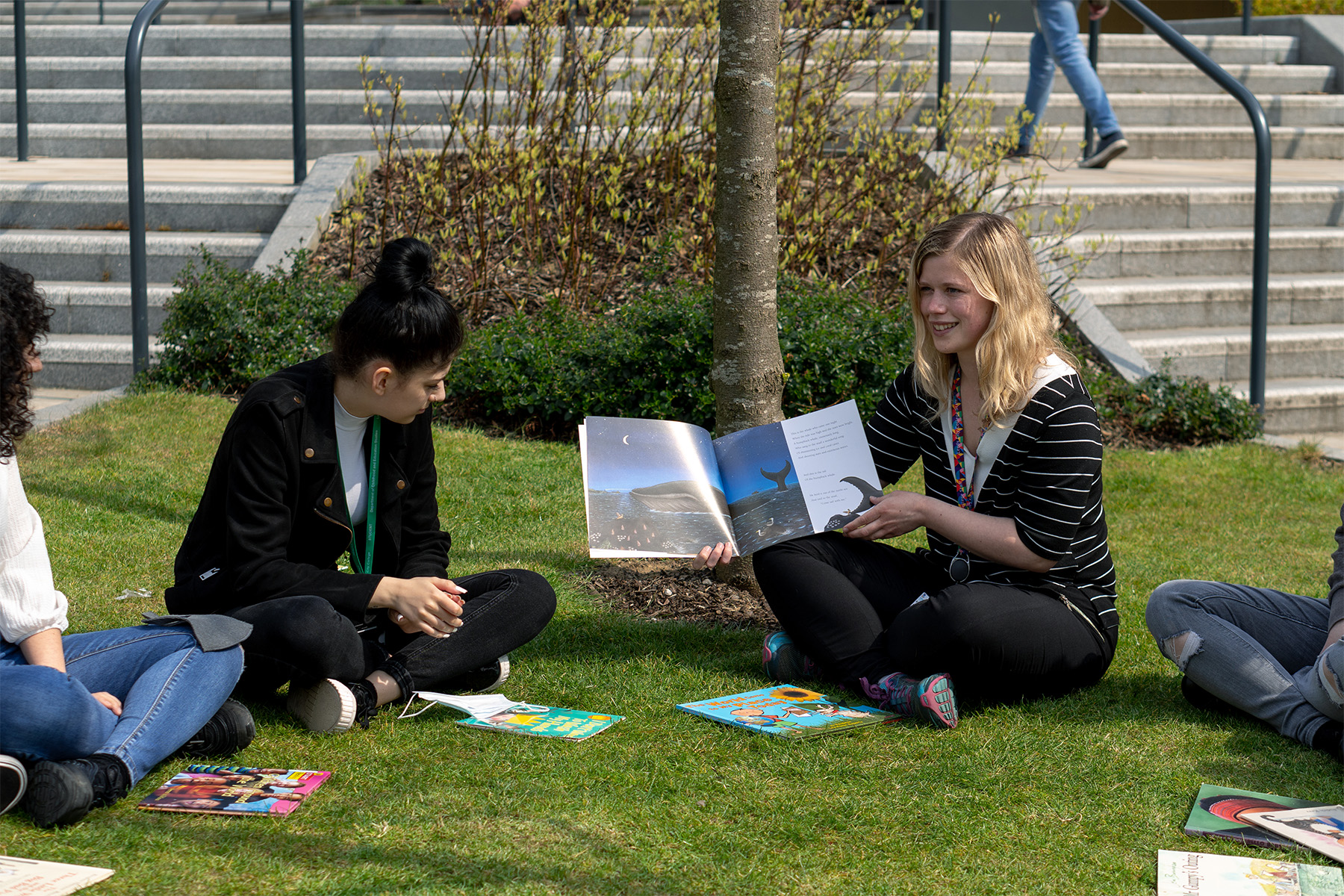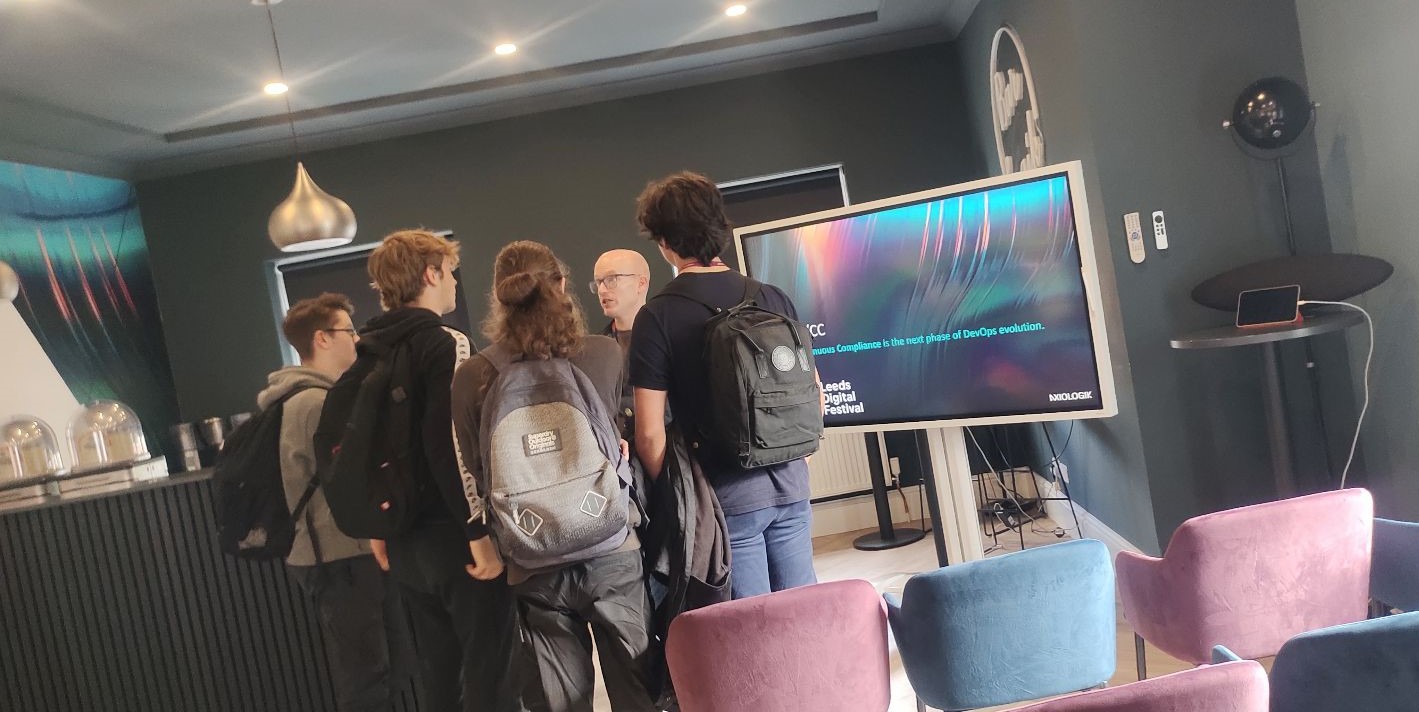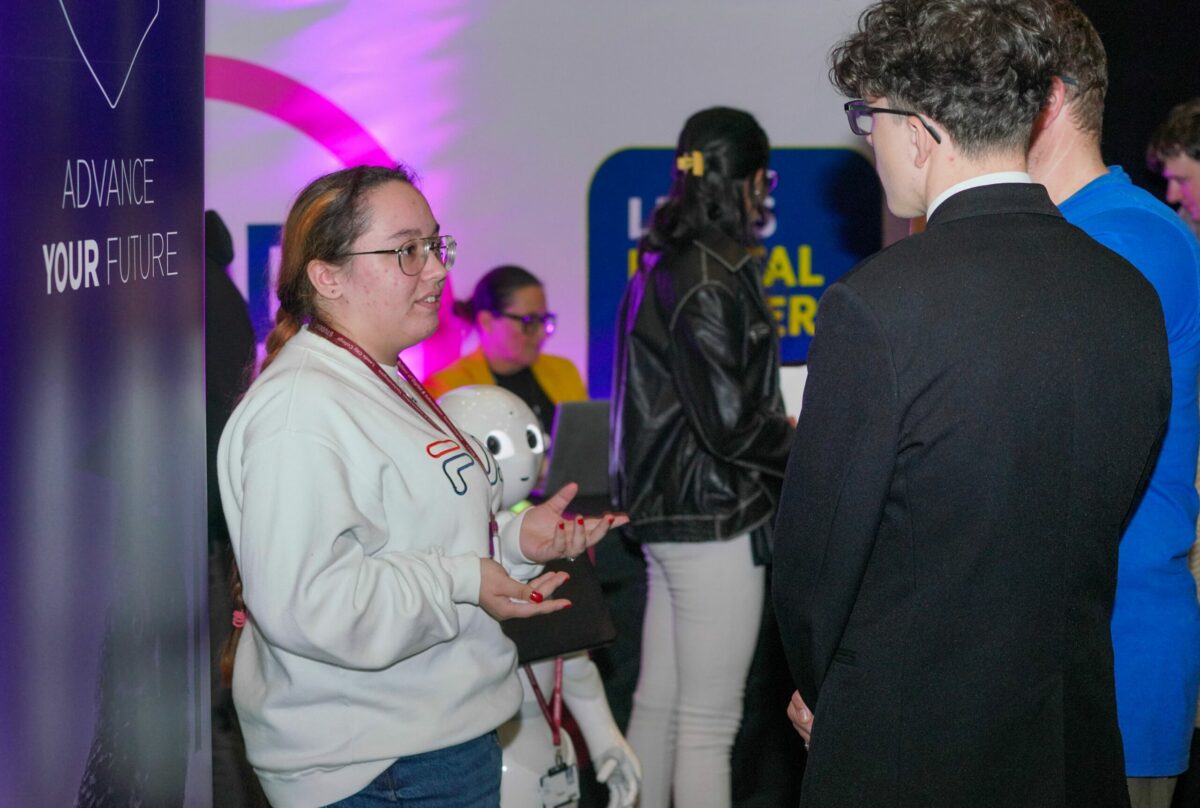International Day of Women and Girls in Science
Posted: February 14, 2022

Today marks the 7th year of the International Day of Women and Girls in Science, first declared by the United Nations in 2015 in order to promote full and equal access and participation for women and girls in science.
Over the past decade, the global community has been making conscious efforts to inspire women and girls all around the world. This awareness day is an opportunity to celebrate the essential role that women and girls play in STEM (science, technology, engineering and maths).
Why is this day important?
This day is a reminder of the accomplishments of women and girls in STEM careers. It gives us the chance to raise awareness and promote gender equality.
The gender gap continues to be an issue today and we are still a big stretch away from gender equality. There has been a significant difference in the gender pay gap throughout the years at all levels of STEM disciplines across the world. According to the United Nations, women are typically given smaller research grants than male colleagues and, while they represent 33.3% of all research, only 12% of members of national science academies are women.
According to UNESCO data, there are less than 30% of women researchers worldwide. Enrolment of female students for STEM studies is particularly low in ICT with 3%; natural science, mathematics and statistics with 5% and in engineering, manufacturing and construction 8%.
With figures still so low, this day is crucial for shouting out about our women in STEM role models, as one individual could inspire the next generation.
What is the theme this year?
The official theme this year is “Equity, Diversity, and Inclusion: Water Unites Us”. According to the UN, billions of people around the world will be unable to access safely managed household drinking water and hygiene services in 2030 due to climate change, rising demand and failure to conserve water resources.
On 11 February, there will be a virtual event held by the UN that will bring together women and girls in science and experts around the world who will play a vital role in developing a sustainable water-energy nexus and progress towards the achievement of SDG 6 (Clean Water and Sanitation).
Important figures at the college
To gain an insight into the world of STEM, we caught up with Rowena Scott, the Head of Applied Science at Leeds City College.
Rowena has been using STEM disciplines for many years. It wasn’t until her mid-twenties that she caught the science bug and studied for a science degree. Since then, Rowena manages a team of 10 science specialist teachers at the college.
What do you do during the day that is STEM-related?
“I manage a team of 10 science teachers and the progression of around 280 science students, so pretty much everything I do is STEM-related. I also work with external stakeholders such as local STEM employers to try and develop industry opportunities for our students.”
What does a typical day look like in your role?
“There’s a lot of admin and meetings. I like to catch up with the team every day to make sure everyone is okay and I’ll try to pop into classrooms when I can to catch up with our students. Otherwise, my time is taken up with a huge range of activities, including the financial planning for the department and looking into opportunities to increase the number of science courses we can offer or enrichment activities for the courses we already have.”
How did you get into STEM?
“I was actually a bit of a late starter; I didn’t enjoy science at school and I went on to study accountancy and then worked in finance up until my mid-twenties. At that point, I wasn’t enjoying my job so I started an Open University ‘Introduction to Science’ course and caught the science bug! My studies quickly turned into a degree and then a teaching qualification – now I’m halfway through doing my masters.”
Have you done any interesting STEM-related activities/experiments recently?
“Yes, we’ve had a huge amount of investment recently to have all our labs refurbished. We have been working on the culture and vision of the department, including increasing awareness of women in STEM. We’ve also managed to introduce a climate change awareness course, which will be so important in any future career path our students take.”
Why do you think it’s important for more women to get into STEM?
“Because we’re missing a golden opportunity! The world of STEM covers such a broad range of skills and specialisms. The opportunities after a STEM education are vast, and can take someone all around the world if they want to. STEM industries are crying out for specialist science applicants, so job opportunities are also there for the taking.”
Have you got any advice for girls wanting to pursue a career in STEM?
“Play to your strengths but assume that everything can be learnt. There’s a STEM pathway for everyone no matter where you’re starting from and it’s never too late. Science is about trying, failing and trying again until you are hopefully successful which makes it both incredibly rewarding and forgiving. Get involved with as much of it as you can, just to see what’s out there.”
What do you enjoy most about working in STEM?
“My job is incredibly varied which means I get the best of both worlds. I can be in a classroom delivering a session one day and then developing a new science course the next. I like that I work in a field that is constantly changing, whether it’s the hunt for new medicines, new energy sources or even ways to travel to space.”
What does a lesson or unit look like when STEM is infused?
“STEM is all about ideas, so when that is built into a lesson you often see a lot of discussions to develop an idea you’d like to test. Once you’ve tested it then you need to reflect and evaluate, which doesn’t necessarily mean getting the right answer but looking at the ways you get there. These are all critical thinking skills that can then be applied to any other aspect of life.”
Resources
UNESCO has put together a global exhibition of artwork and stories contributed by women with STEM backgrounds.
The Gender Action Plan III sets out the European Union’s political and operational roadmap towards a gender-equal world. Take a look at the plan here.
Help make a change and take the next step by joining the global network of Women in Science 4 SDGs here.
Want to be the catalyst for change? Take a look at our STEM subjects here.

Latest News
See all news stories
A spotlight on Education & Early Years T Level students
Posted: 5 December 2024
If working with children is your career goal, you might consider taking a T Level. Our second-year students share wh...

The Power of Networking at College
Posted: 2 December 2024
College is the perfect time to network! Explore how our students are shaping their future by building valuable conne...

Inspiring Future Generations as a T Level Ambassador
Posted: 29 November 2024
Discover the role of a T Level ambassador where students inspire the next generation, share insights and promote tec...


Follow us on Social Media